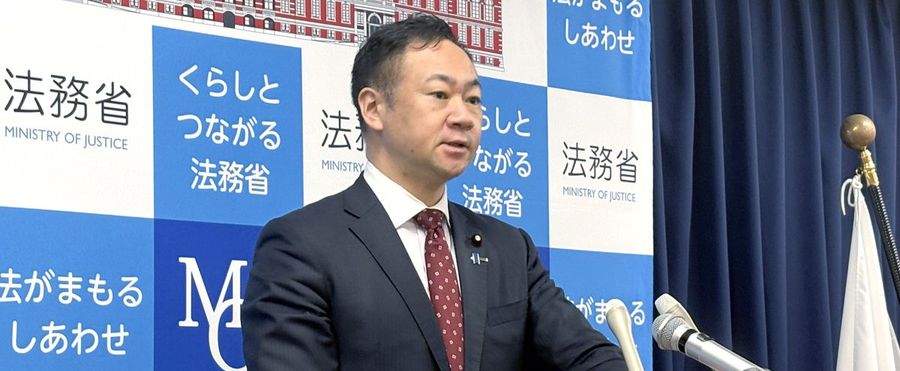The number of foreign nationals residing in Japan has risen to an unprecedented 3.95 million, marking a record high for the country. This trend is largely driven by the nation's demand for foreign workers, aiming to offset its aging population and labor shortages across various industries. The latest data was announced recently, highlighting the significant role foreign nationals play in the Japanese economy and society.
In Japan, the increase in foreign residents is seen as a necessity due to its rapidly ageing demographic and declining birthrate. There's a growing recognition of the need for foreign workers to support everyday industry and services, from convenience stores to nursing homes. However, concerns about societal integration, language barriers, and immigration policy are topics of ongoing debate.
In countries like the US and those within the EU, immigration has always been a natural process contributing to social and economic structures. While Japan is relatively newer to the concept of mass immigration, like the US and the EU, it is now also experiencing the same challenges and opportunities associated with diverse populations. The discourse around immigration, cultural integration, and policy is likewise evolving.

